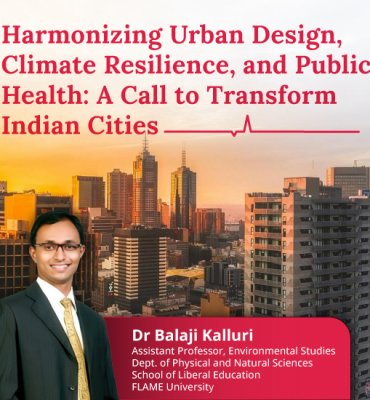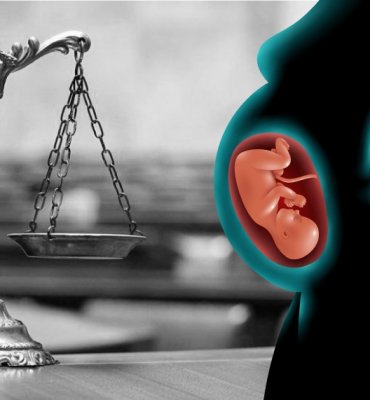
The Joint Commission to take its place among other leading healthcare organizations to help accelerate environmental sustainability.
The Joint Commission, which serves as an accreditor for numerous healthcare facilities in the United States, is launching a voluntary certification program focused on sustainability as hospitals seek to address climate change. Here are some key points from the provided text:
-
Voluntary Sustainability Certification: The Joint Commission is introducing a "sustainable healthcare certification" program, set to begin on January 1, 2024. This certification program is voluntary and will not be mandatory for hospitals to earn accreditation from The Joint Commission. Even hospitals that are not accredited by The Joint Commission can apply for this certificate.
-
Focus on Climate Change: The Joint Commission's initiative comes as healthcare facilities across the country are exploring ways to combat climate change. They aim to assist healthcare organizations in enhancing their sustainable practices and reducing greenhouse gas (GHG) emissions.
-
National Standards: The certification program will establish national standards and elements of performance, offering structure, rigor, and accountability to promote sustainability efforts within the healthcare industry. It includes setting priorities and governance for sustainability initiatives, establishing baselines for measuring GHG emissions from three sources, and developing action plans to reduce these emissions.
-
Commitment to Sustainability: The Joint Commission executives and healthcare providers they accredit recognize the threat of climate change to the health of current and future populations. They have been actively working to reduce their carbon footprint and create a sustainable healthcare resource center.
-
Examples of Sustainability Measures: Some sustainability measures mentioned include reducing heating and cooling requirements in non-medical areas, such as cafeterias, educational spaces, and offices, as well as selecting anesthetic agents with lower GHG emissions.
-
Collective Efforts: The Joint Commission aims to collaborate with healthcare organizations that are already leading the way in sustainability. They seek to inspire and guide others interested in prioritizing environmentally friendly practices within the healthcare sector.
-
Long-Term Goals: The initiative's overarching goal is to reduce the healthcare sector's carbon footprint, ultimately leading to a decrease in hospital visits, illnesses, premature deaths, and medical costs associated with severe weather events and other climate impacts.
Dr. Jonathan B. Perlin, President and CEO of The Joint Commission Enterprise, emphasizes the importance of healthcare organizations taking a leading role in environmental sustainability, given the sector's significance in the United States.
This initiative demonstrates a growing recognition of the healthcare industry's role in addressing climate change and promoting sustainable practices.










